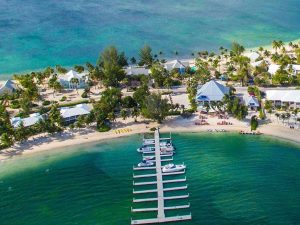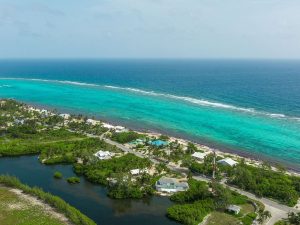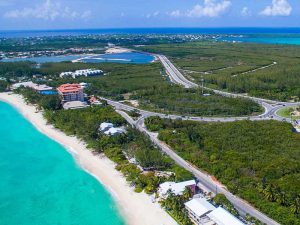Taxation in Cayman
Generally speaking, there is no taxation in the Cayman Islands. This phenomenon, similarly found in other tiny jurisdictions, is widely accepted as being due to the fact that nations like Cayman have extremely few natural resources and thus do not have robust manufacturing or even sufficient local food production. The chances are most, if not all, of the things individuals require for daily life will have to be imported. The government then can generate the revenue it needs to run the country by imposing duties on the import of goods and not require taxing the citizenry’s income.
A Historical Perspective On The Lack Of Taxes In Cayman
Some firmly believe that the lack of taxation in Cayman is a direct result of the Wreak of the Ten Sail during a November night in 1788. The Cordelia was a shipping vessel taking the lead of an armada of ten ships carrying barrels of rum, sugar, beans and coffee from Jamaica back to Britain. As the story goes, the vessel ran aground on an East End shallow reef and a group of Caymanians risked their lives to head out into the squall and save the marooned sailors – resulting in not a single loss of human life. As a reward, King George III granted the Cayman Islands the complete freedom from conscription because of their display of bravery during the rescue.
Can’t find the information you are looking for, use the
Cayman Islands GPT
Related Topics
The Actual Absence Of Taxes
Currently there exists no individual income taxation in Cayman. There are also no withholding taxes on dividends, interest or fees for service in the Cayman Islands. There exists no corporate income tax, transfer pricing rules or interest deduction limitations. FCF rules are non-existent and there are no “hybrid rules”. The Cayman Islands has no exit taxes and has not implemented a general anti-avoidance rule. Additionally, there are no other taxes on corporations and there exists no VAT or Value Added Tax. The list goes on. There are no payroll taxes, no capital gains tax or no real property taxes. One exception, with respect to the transfer of property is that there does exist a “stamp duty”. The duty is applied on the greater of the purchase price or the fair market value of the land and building at the time of the transfer. This is levied at a rate of 7.5% for nearly all property transactions.
Taxes for United States Citizens In The Cayman Islands
Moving from the United States to the Cayman Islands does not mean America citizens still don’t owe money to Uncle Sam. Unlike Canada and other nations, moving to Cayman doesn’t change your duty to file income taxes with the IRS. United States citizens living in Cayman can however reduce their tax liability back home by claiming the Foreign Earned Income Exclusion. This, in effect, allows an individual the right to exclude +/- US$110,000 of foreign-earned income from US tax if you can prove that you are a Cayman Islands resident.
What About Import Duties?
While technically not a “tax” an import duty does feel in many ways similar to taxation. In effect, when a local person (resident or citizen) comes back to the island Customs allow for an allowance of five hundred Cayman Islands dollars. I.E. if an arriving traveler has not spent more than that amount of money on foreign goods then they were off island they do not have to declare anything at all. If your spending exceeded that amount overseas then that person will have to declare their purchases and provide receipts and pay to the tune of twenty two percent on anything greater than the allowance.
The Cayman Islands is internationally recognized as being a tax-free jurisdiction. The absence of direct taxation is very attractive to corporations and those that want to keep more of their hard-earned money for themselves. It is important to be aware of all tax obligations in one’s native land and report properly to the appropriate governing body. It is also important to remember that although there is an absence of taxation here that things are tremendously expensive. This is extremely important when considering relocating or vacationing here.






